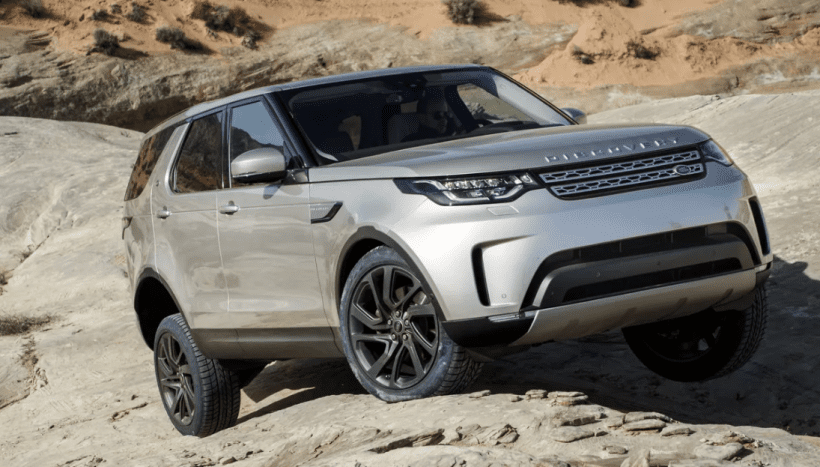List of the Engines that Powered Land Rover Discovery
For a long time, Land Rover cars were manufactured for people craving for luxury. If someone wanted an affordable 4 by 4 cars for his family, he had all the options. But, the Discovery changed that. It gave a lot of middle-class people access to luxuries that the rich people could enjoy.
The Discovery has long been the best seller of Land Rover ever since its release in 1989 when the first series was released to the public. It revolutionized the way SUVs were manufactured and introduced SUVs to a whole new section of the public, which could not afford to buy great performing SUVs before.
Land Rover History
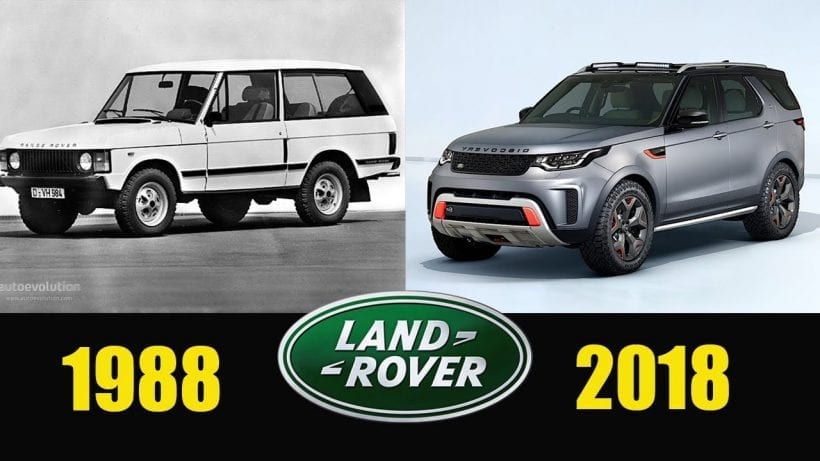
The history of Land Rover goes way back when it was first created to be used on a farm in Wales. But, over the years, it has developed to become a big brand. Here, we’ll first look at how it all began. And through which phases the company had to go through to become a big brand as it is today before discussing the engines of this vehicle model.
Land Rover Official Launching
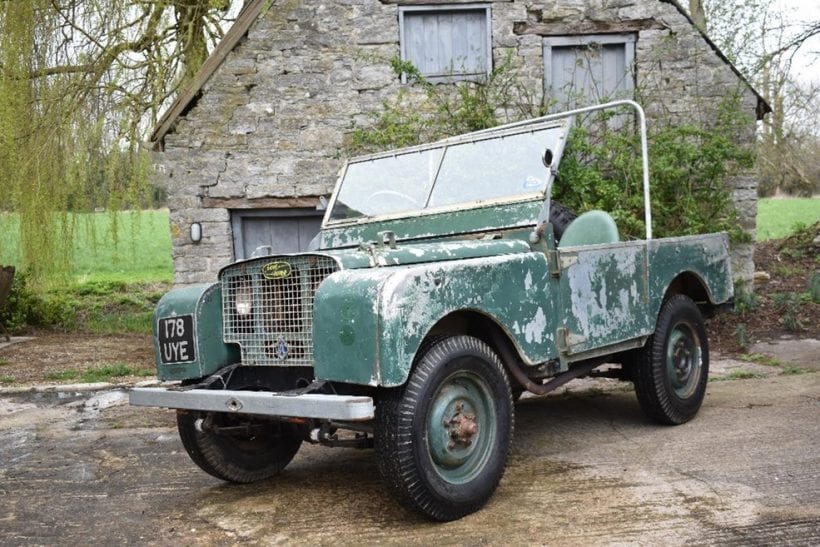
The first-ever Land Rover was released in 1949. Its main purpose was to use it for military purposes. In 1958, the second series was released, which also came out with a 2.25-liter petrol engine. A stretch wagon was also produced, which could fit in at least twelve people, which made it exempt from being taxed and was allowed to use bus lanes. The tax exemption also enabled to make this car very cheaper as compared to its smaller variant.
Owner of Land Rover
Land Rover is a very big company but it was sold to BMW in 1994 when the German automobile giant invested in the company to purchase the Rover Group. Then, BMW divided into Rover and the Land Rover and sold Land Rover to Ford in 2000. But, in 2006, Ford also bought from BMW, this brand.
In 2008, Ford again sold Land Rover and Jaguar to Tata Motors of India. In that agreement, it was agreed that Tata Motors will continue to manufacture using Ford engines inside the SUVs until 2019.
Engines in Land Rover Discovery
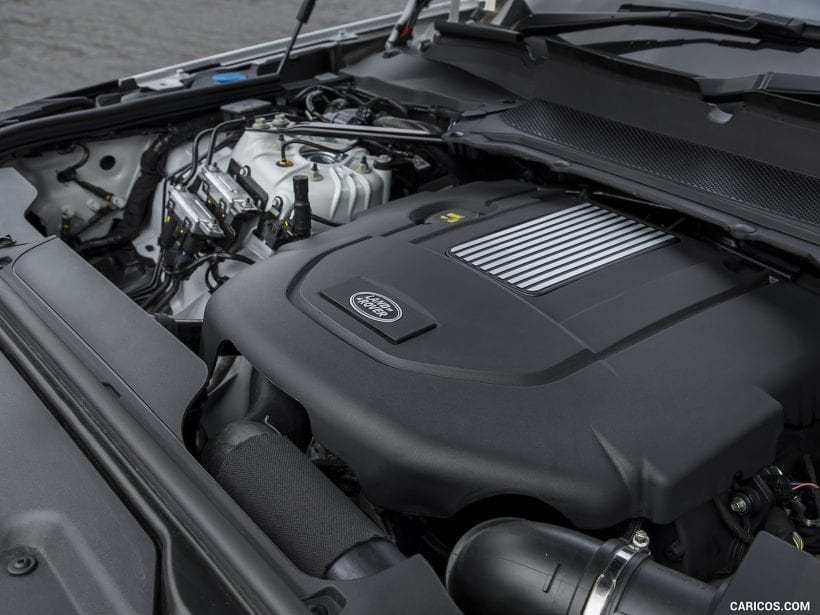
Engine Trust, a site that specializes in replacement Discovery engines, has given a lot of information about Discovery engines here. Every series since its release has seen a great improvement in performance with each update. This happens mainly due to the performance of the engine. We’ll discuss some of the engines used in the Land Rover Discovery below.
Series One Discovery
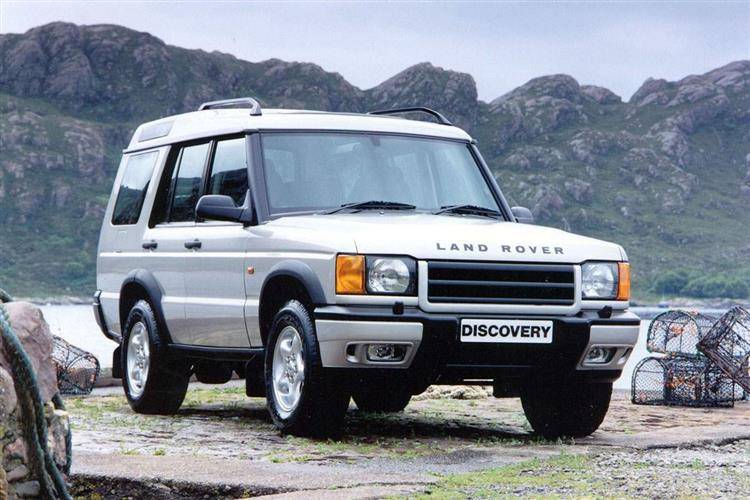
The Land Rover Discovery Series One was released in 1989. It had both a Petrol variant as well as a Diesel one. It came with a 3.5 v8 Petrol engine with 153bhp at 4750RPM. The torque that the engine produced was 260Nm at 3000RPM. The CO2 emission of the Disco Series One was 370g/km, which is quite big as compared to the modern cars of today. It went from 0-100 in approximately 13.7 seconds.
The Disco One’s Diesel variant came with a 2.5 v4 Diesel engine with a power of 111bhp at 4000RPM. It further had a torque of 264Nm at 5RPM. Its carbon emission was significantly less to its Petrol variant at 228g/km. It went from 0-100 in approx. 17.8s.
Discovery Series Two
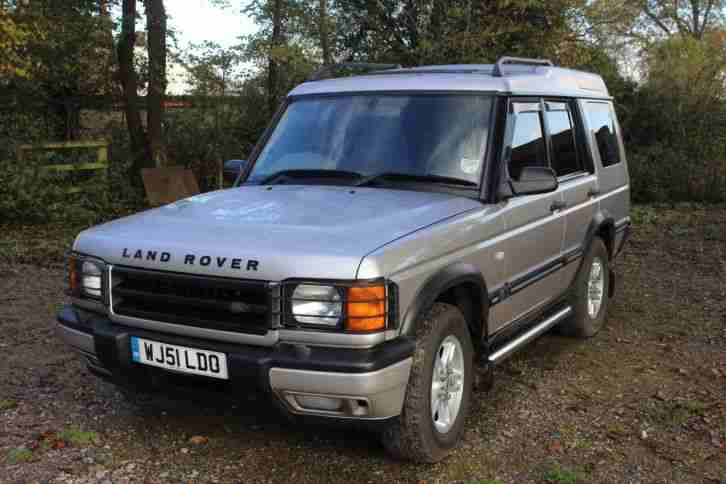
The Disco Series Two was released in 1994. It came with both Petrol and Diesel variants. The Petrol variant at a 4.0-liter v8 engine with a power of 182bhp at 4750RPM. The torque produced by the engine was 314NM at 3100RPM. The CO2 emission by the series two SUV was 391g/km, which was more than its Petrol predecessor variant.
The Diesel variant came with a v4 2.5 TDI engine with a power of 121bhp at 4000RPM. The torque produced is 300NM at 2000RPM. The CO2 emission is 262g/km. It went from 0-100km in about 18.5 seconds to approx.
Discovery Series Three
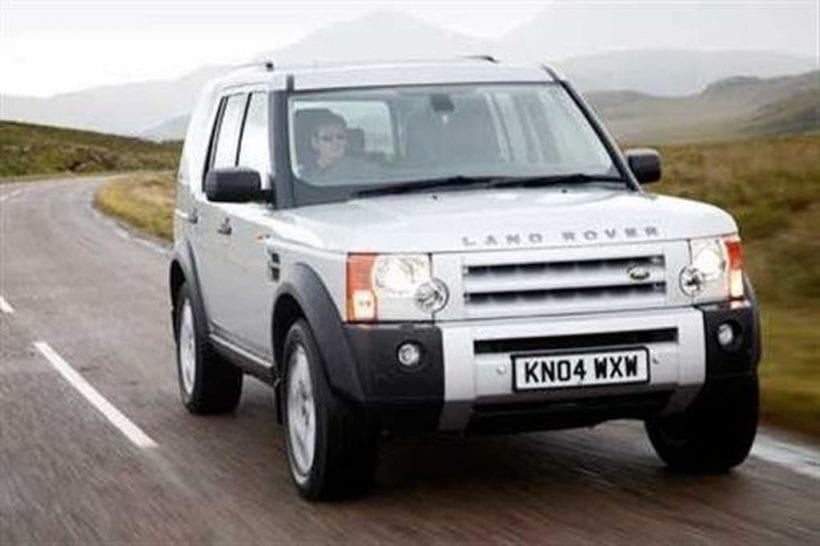
The Discovery Series Three came with two Petrol variants and on Diesel variant. It came with a 4.0-liter v8 engine with a power of 216bhp at 4500RPM with a torque of 365Nm at 3000RPM. The second Petrol variant came with a 4.4-liter v8 6AT engine with a power of 300bhp at 5000RPM, with a torque of 427Nm at 4000RPM. Its emission rate was 354g/km, which was an improvement over its predecessors.
The Diesel variant of the Disco 3 came with a 2.7-liter TD 6MT engine with 188bhp power at 4000RPM with a torque of 445Nm at 1900RPM. Its carbon emission was 249g/km, which is very less when compared to the Discovery 3 petrol variants.
Discovery Series Four
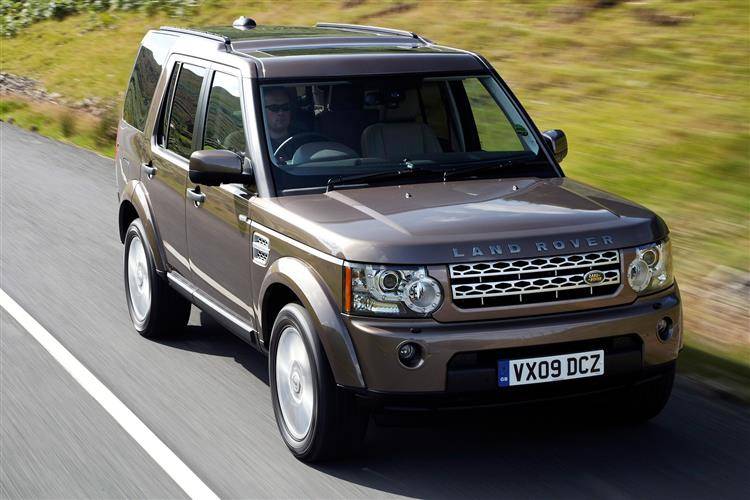
The Discovery Four was released in 2009. It came with two gasoline options and five Diesel options. The primary petrol engine is a 4.0-liter v6 6AT engine with 215bhp at 4500RPM and 361Nm torque at 3000RPM. The other Petrol variant is a 5.0-liter v8 engine with 370bhp power at 6500RPM, and a torque of 509Nm at 3500RPM. The C02 emission of the second variant is 328g/km, and it goes from 0-100 in 7.9s.
Land Rover has given a variety of options in its Diesel variants. The maximum capacity Diesel engine is a 3.0-liter SDV6 8AT engine with a power of 252bhp at 4000RPM. The torque of the engine is 601Nm at 2000RPM. The CO2 emission of the engine is 230g/km, and it goes from 0 to 100 in 9.3 seconds. Diesel engines have always been known to be more environmentally friendly as far as CO2 emissions are concerned.
The engines have evolved for the good throughout the years. The performance and power of these engines has always been getting better with time. Nowadays, the current Land Rover engines are some of the most powerful in the market. This car model also provides luxury alongside an excellent performance, which makes for a perfect combination for someone who wants to buy an SUV.
Land Rover Models
There are many models released over the years. The first was the Series I, which was released in 1948. The Series II was released in 1958 and was continued till 1961 when the Series IIA was launched, whose production kept going till 1971.
The Land Rover Series III was released in 1971 which came with both Petrol and Diesel options. Between 1979 and 1985, the Land Rover Stage One V8 was built which had a mixture of used components from the Range Rover and 101 Forward Control.
Nowadays, the current model range consists of the Discovery, Discovery Sport and some Range Rover variants. Range Rover variants are the Evoque, Velar and Sport. This gives great flexibility to those who intend to buy the best SUV suitable for them.
Land Rover Discovery Generations
The Land Rover Discovery is also called the Disco. Many generations of the Land Rover Discovery have been released over the years. Here, we’ll be discussing them and their specifications.
First Series Discovery
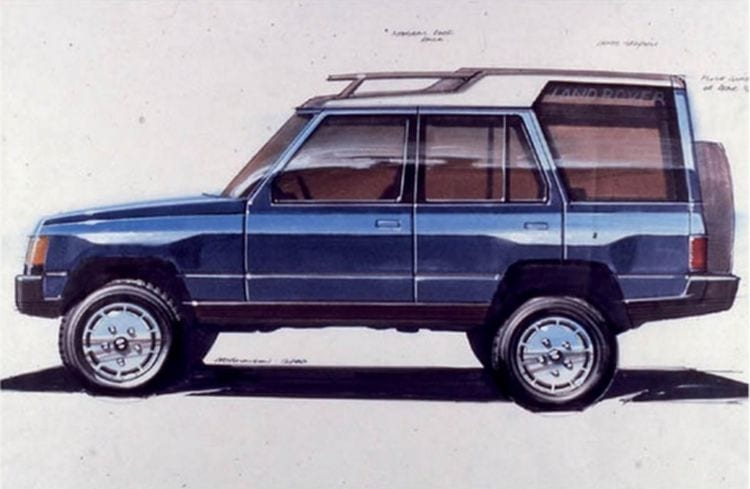
The Series 1 was the first-ever Land Rover Discovery ever made, developed from a prototype to the full launch. It was given the name of “Project Jay”. A lot of components were based on the Range Rover. Two variants were initially released; the 3-door variant and then 5-door variant. The main difference between these two was that there was an extra added row of seats in the 5-door Discovery Series 1.
Second Series Discovery
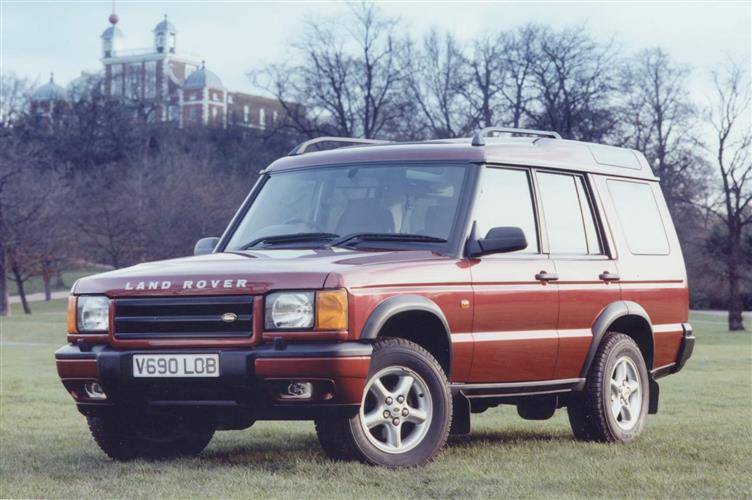
The second series Discovery, also called the Discovery 2, had minor tweaks and improvements from the Series 1. The main changes seen were in the appearance of the car and the engine.
The front lights in the Disco 2 were larger than its predecessor, and the rear bumper was fully modified and a full set of lights was installed on it. To catch the American market, Land Rover also had to put in some airbags to meet the American safety standard regulations.
Third Series Discovery
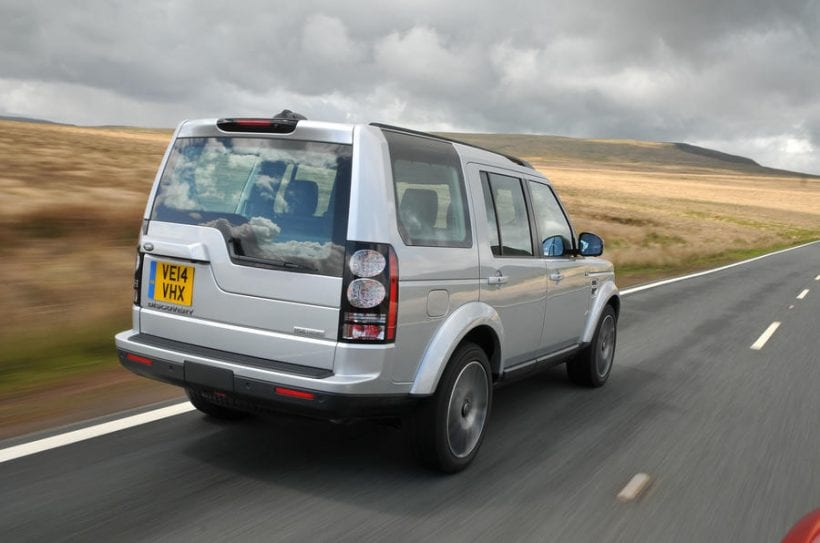
When Ford owned Land Rover, the series 3 Disco was released in 2004. There was some uncertainty in the market surrounding the Discovery series, and a new design which spearheaded the Disco was released as part of the Series 3.
The biggest advancement in Discovery 3 was the Terrain Response System, which changed many features inside the SUV with respect to the type of terrain. Another new feature added to the Discovery 3 was the installation of an air suspension system basically allowed the car to raise or lower its level.
Discovery Series Four
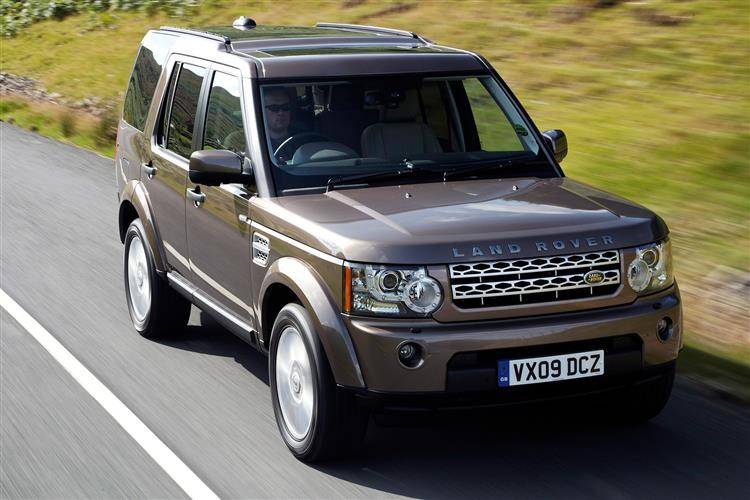
The Land Rover Discovery Four made its debut appearance at the New York Auto Show in 2009. The car was designed to give a more luxury feel to its potential buyers. The SUV was fully redesigned with a new dashboard and comfortable seats.
LED lights were added at the front as well as the rear of the car. Several new refinements related to the engine were done as well to make the experience much more convenient and comfortable. The SUV has also been given a facelift and its traction control has also been improved from its predecessors.

